
Philip Cunningham, Independent Scholar
Jun 28, 2024
As tensions between China and the U.S. increase amid various global crises, there are worrisome parallels resembling the prelude to World War I. There is a critical need for proactive diplomacy to mitigate escalating tensions and avoid a potential conflict in the near future.
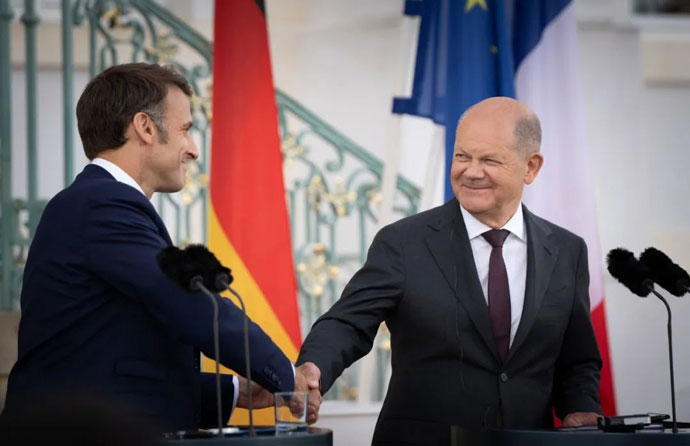
Dong Yifan, Associate Research Fellow, Belt and Road Academy of Beijing Language and Culture University
Jun 20, 2024
The two countries seek to show their commitment to advancing European sovereignty. Unfortunately, the United States will not allow it, as it believes greater autonomy for Europe would diminish NATO’s influence across the continent.
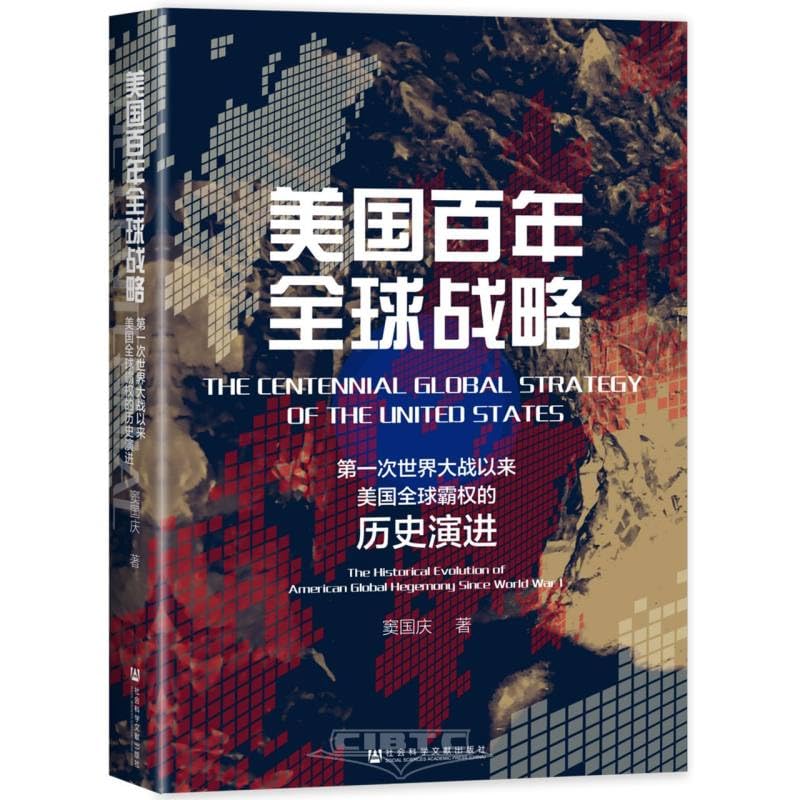
Dou Guoqing, Colonel of the People’s Liberation Army and Postdoctorate Researcher at PLA National Defense University
Jun 18, 2024
The United States has been the biggest beneficiary of changes in the international order over the past century. Four key factors have contributed to its current hegemony.
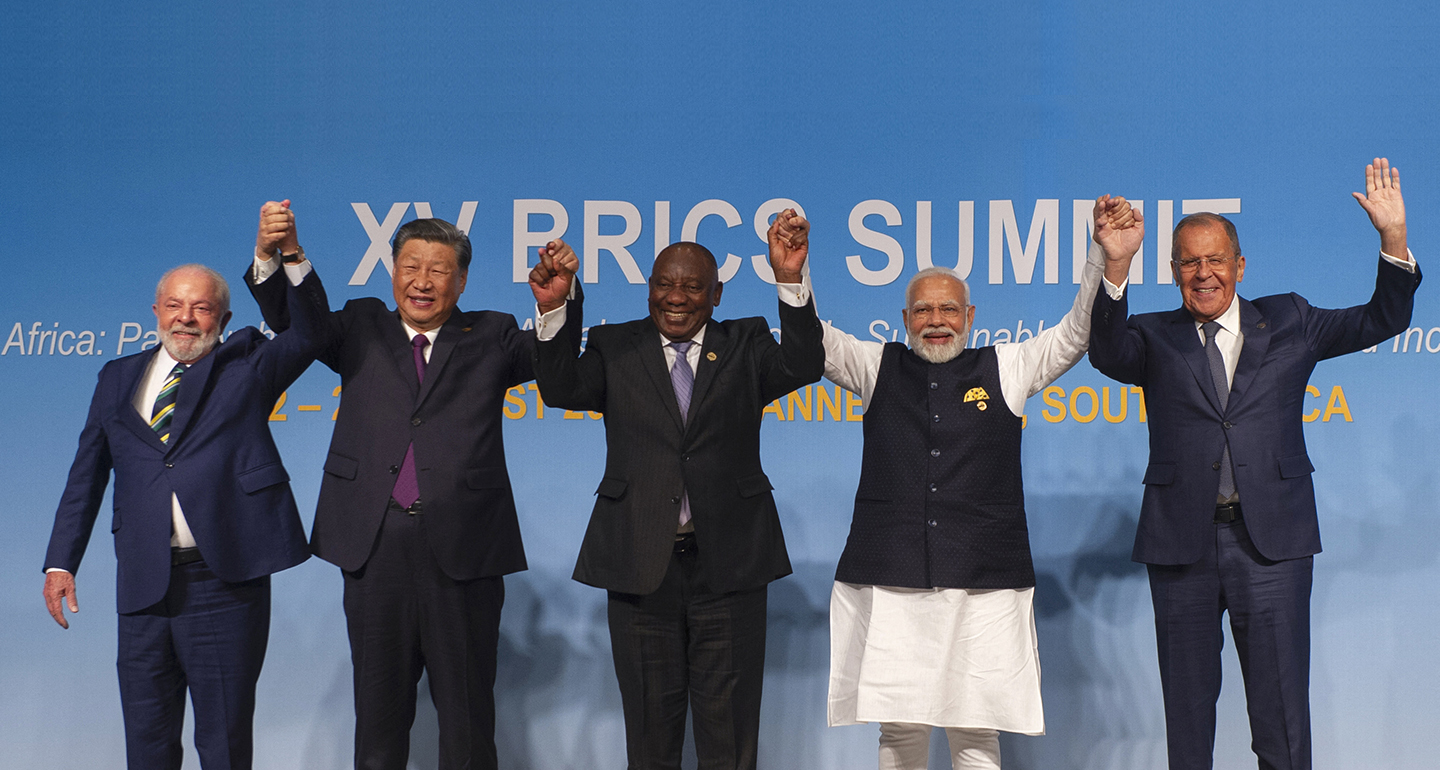
Shou Huisheng, Director, Center for Turkey Studies at Beijing Language and Culture University
Jun 18, 2024
America’s approach has not only cost it the Global South but has also created divisions in the north. The uncertainties are increasing. The United States is, in fact, losing the entire world, which may be the inevitable fate of all empires.
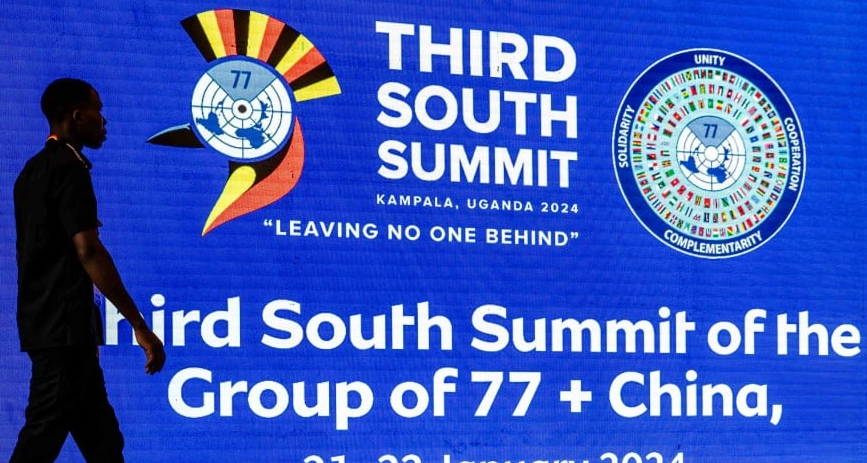
Ananth Krishnan, Director at The Hindu Group, and AsiaGlobal Fellow at University of Hong Kong
Jun 07, 2024
Multipolarity has become a buzzword in global affairs with due credit to countries in the Global South taking strides toward establishing power independent of the U.S. or China. As developing nations demand a bigger share of voice, what challenges will they face?

Andrew Sheng, Distinguished Fellow at the Asia Global Institute at the University of Hong Kong
Xiao Geng, Director of Institute of Policy and Practice at Shenzhen Finance Institute, Chinese University of Hong Kong
May 30, 2024
Now that the United States has introduced a new set of import tariffs on Chinese goods, the world’s two largest economies appear to be on the brink of open economic warfare – and developing countries are in danger of getting caught in the crossfire. Beyond the risk that they could face sanctions or other trade restrictions if one superpower perceives them to be helping the other, Sino-American trade tensions are eroding the value of many of these economies’ comparative advantages, such as cheap labor and land. Coping with these challenges will require skillful economic statecraft.
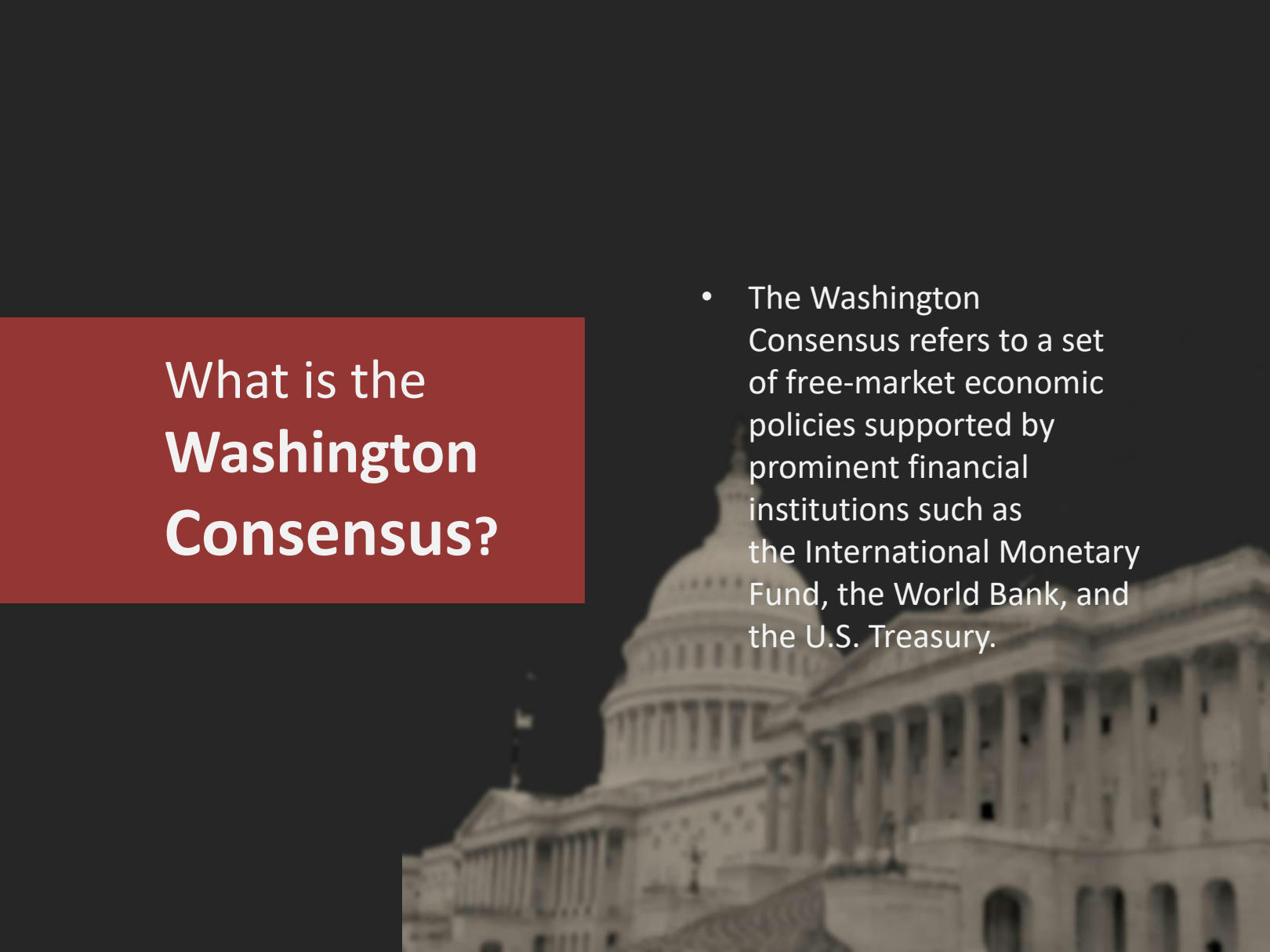
Christopher A. McNally, Professor of Political Economy, Chaminade University
May 30, 2024
The Biden administration’s new tariffs on Chinese goods are primarily symbolic and political, with negligible economic impact, but they aim to protect and foster the U.S. clean energy supply chain, particularly in the EV sector. However, the tariffs are politically motivated and could undermine industrial policy goals by focusing on geopolitical competition rather than applying uniformly to all countries.
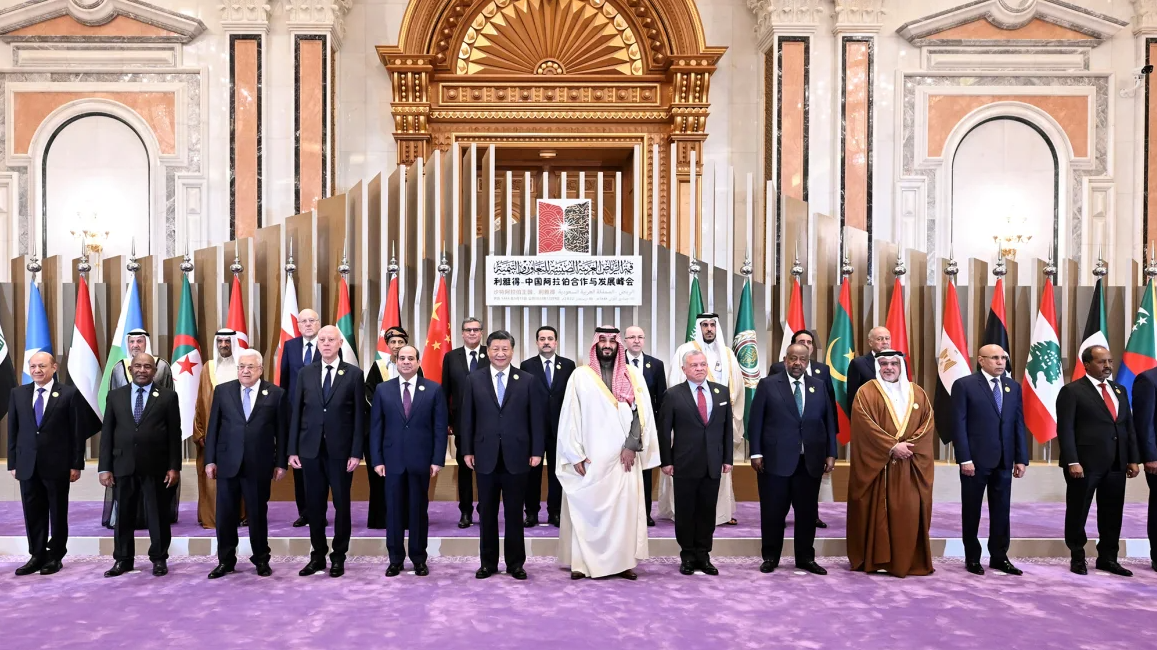
Jin Liangxiang, Senior Research Fellow, Shanghai Institute of Int'l Studies
May 23, 2024
China is deeply intertwined with Saudi Arabia and other GCC countries. It is contributing to regional security and will be one of the major sources of the region’s future wealth. And, unlike the West, it will always respect the way of life in the region, including the dominant religion.
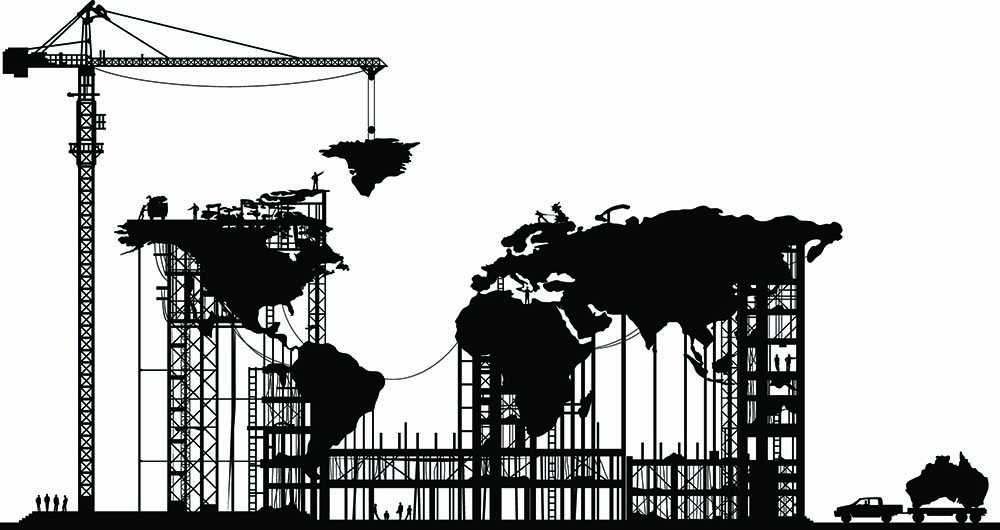
Zhang Tuosheng, Principal Researcher at Grandview Institution, and Academic Committee Member of Center for International Security and Strategy at Tsinghua University
May 22, 2024
Despite their positive aspects, globalization, multi-polarization and technological advancement come with pronounced negatives that pose challenges to the post-Cold War world order. The only way forward is for the West to cooperate with China and engage in active and candid dialogue.

Zhou Yiqi, Associate Fellow, Center for West Asian & African Studies, Shanghai Institutes for International Studies
May 17, 2024
Sustainable peace in the Middle East — in particular between Israel and the Palestinians — will require meaningful change in Palestine’s status: Its sovereignty must be established and recognized. A unified push by China and the United States to that end would be an important guarantor of success.
Back to Top

- China-US Focus builds trust and understanding between the U.S. and China through open dialogue among thought leaders.
- Our Offerings
- Topics
- Videos
- Podcasts
- Columnists
- Research Reports
- Focus Digest
- Stay Connected
-
Thanks for signing up!
- Get the latest stories from China-US Focus weekly.